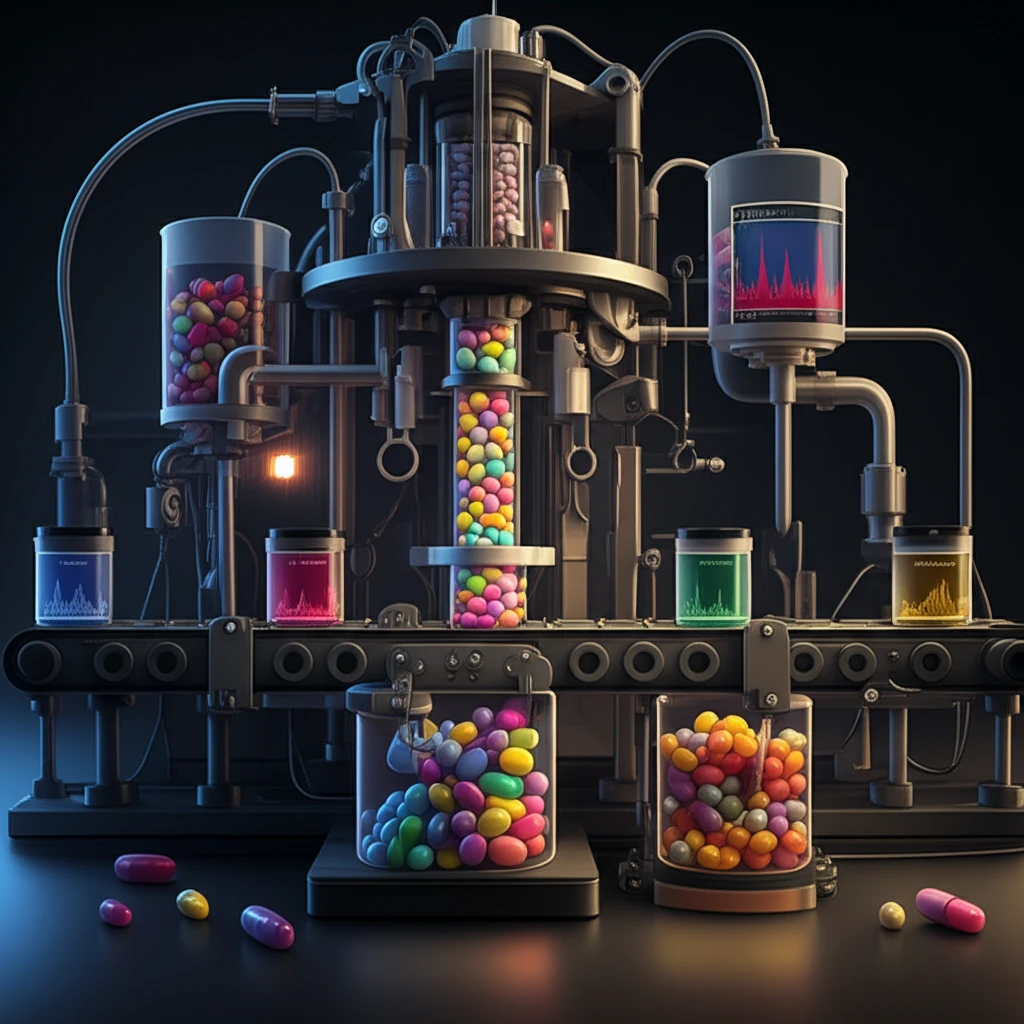
Stressed Out? A New Way to Ensure Your Nerve Pain Meds Are Safe and Effective
"A groundbreaking RP-HPLC method promises better quality control for dosulepin hydrochloride and methylcobalamin medications."
For millions dealing with chronic nerve pain, medications like dosulepin hydrochloride and methylcobalamin offer a lifeline. These drugs, often prescribed together, work to alleviate pain and improve quality of life. However, ensuring the quality and stability of these medications is crucial for their effectiveness and safety.
Imagine taking a medication, only to find out it has degraded or contains impurities. This isn't just a hypothetical concern; it's a real risk if quality control isn't up to par. That's why scientists are constantly working to develop better methods for analyzing these drugs and ensuring they meet the highest standards.
A recent study published in the International Journal of Applied Pharmaceutics introduces a promising new approach: a stability-indicating RP-HPLC (Reversed-Phase High-Performance Liquid Chromatography) method. This method aims to simultaneously estimate dosulepin hydrochloride and methylcobalamin in tablet form, offering a more accurate and reliable way to assess their quality and stability.
What is RP-HPLC and Why Does It Matter for Your Medications?

RP-HPLC, or Reversed-Phase High-Performance Liquid Chromatography, is a powerful analytical technique used to separate, identify, and quantify different components in a mixture. Think of it as a sophisticated sorting machine for molecules. In the context of pharmaceuticals, RP-HPLC can determine the amount of active ingredients in a drug, as well as detect any impurities or degradation products that may be present.
- Ensuring the Right Dose: RP-HPLC helps verify that each tablet contains the correct amount of dosulepin hydrochloride and methylcobalamin, so you get the dose your doctor prescribed.
- Detecting Impurities: The method can identify unwanted substances that may arise during manufacturing or storage, ensuring the medication is safe to consume.
- Assessing Stability: RP-HPLC can track how the drugs degrade over time under different conditions, helping to determine the shelf life and proper storage conditions.
- Maintaining Efficacy: By monitoring the degradation of the active ingredients, RP-HPLC helps ensure that the medication remains effective until its expiration date.
The Future of Medication Quality Control
This new RP-HPLC method represents a significant step forward in ensuring the quality and safety of medications containing dosulepin hydrochloride and methylcobalamin. By providing a more accurate and reliable way to assess drug stability and detect impurities, this method can help protect patients from potential harm and ensure they receive the effective treatment they need. As pharmaceutical analysis continues to advance, we can look forward to even better methods for safeguarding the quality of our medications and improving health outcomes.
